We have reached the point in the history of science that events considered fundamental to the development of early science overlap in time with those at the close of alchemy. In this Alchemy series I will concentrate on the alchemy alone, but will mention in Interludes the simultaneous development of early science. Early Science will get its own series here, and its own timeline.
Early Science we've passed over so far:
1255? Roger Bacon states something similar to the Law of Refraction on optics. This is based largely on his reading of the Arabic optical work of Avicenna (Abū ibn Sīnā) and Alhazen (Ḥasan Ibn al-Haytham).
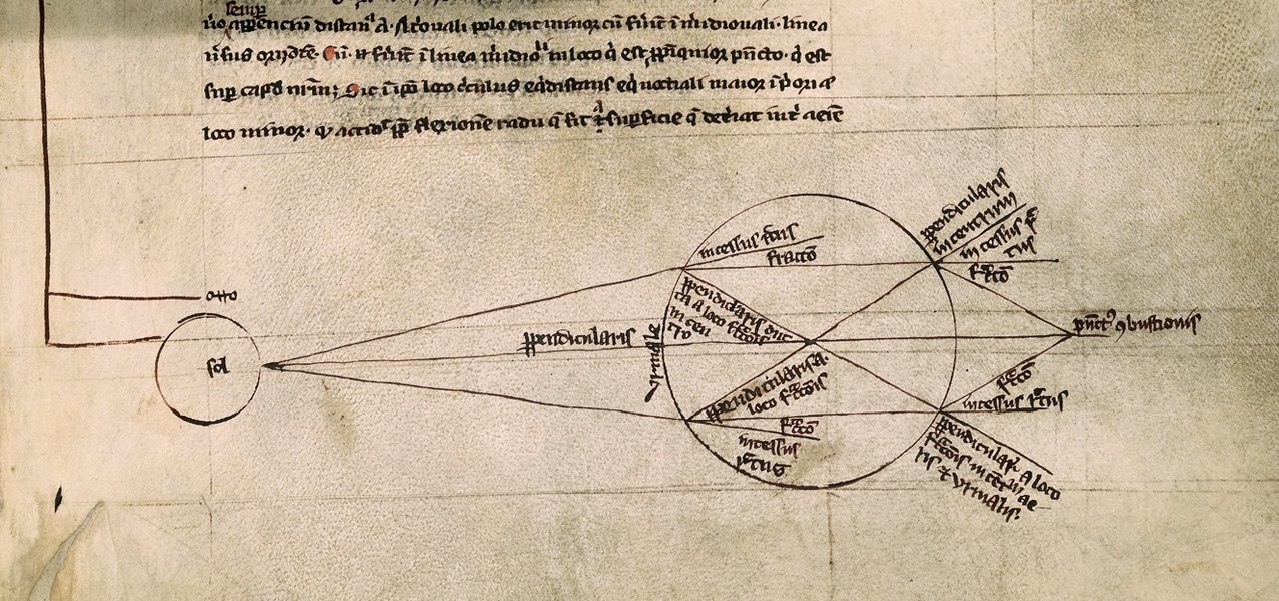


1543 Nicholaus Copernicus proposes a sun-centered solar system in an effort to rid the system of Ptolemaic epicycles, where a planet circles a point that circles the Earth. He does not dare publish this while he is alive, as the Church would eat him alive with no proof of it beyond the simplicity of the model even though he lived in Northern Europe where the Church's hold was weak.
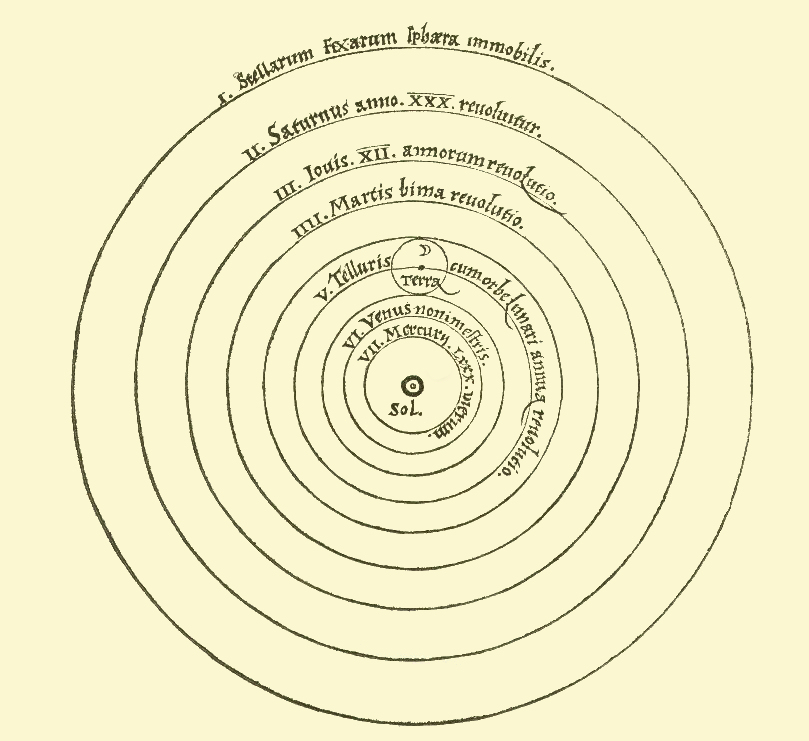
1600 William Gilbert publishes his study of the lodestone, which is magnetic. He mentions the sun-centered solar system, and that the Earth might be magnetic. He also studies static electricity.
1576-1601 Tycho Brahe (pronounced "tee-ko") builds a naked-eye observatory with equipment to measure angles and times. He records all his observations for 25 years in notebooks, a first as far as we know. He is assisted at the end by Johannes Kepler. Tycho does nothing with his data, but wills it to his family. Kepler instead keeps the notebooks, and...
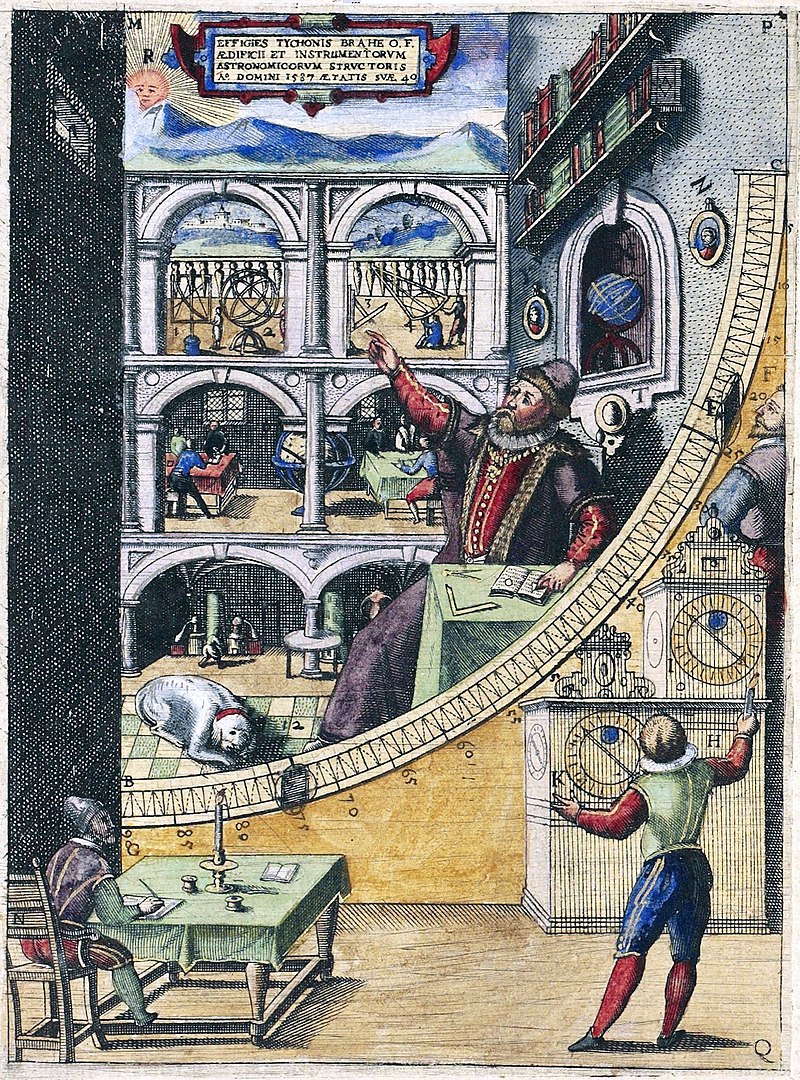
1609 Kepler publishes the first two of his three celestial laws: (1) Planets move in an ellipse around the sun, with the sun at one focal point, (2) Each planet sweeps an equal area in a given time, no matter it's position in its orbit. He bases all his work on the movement of Mars only. He confirms the Copernican model. The Aristotelian ideal cosmology is deeply challenged by this. It took five years just to get it published while he worked out the legal rights to use Tycho's data with the Brahe family.
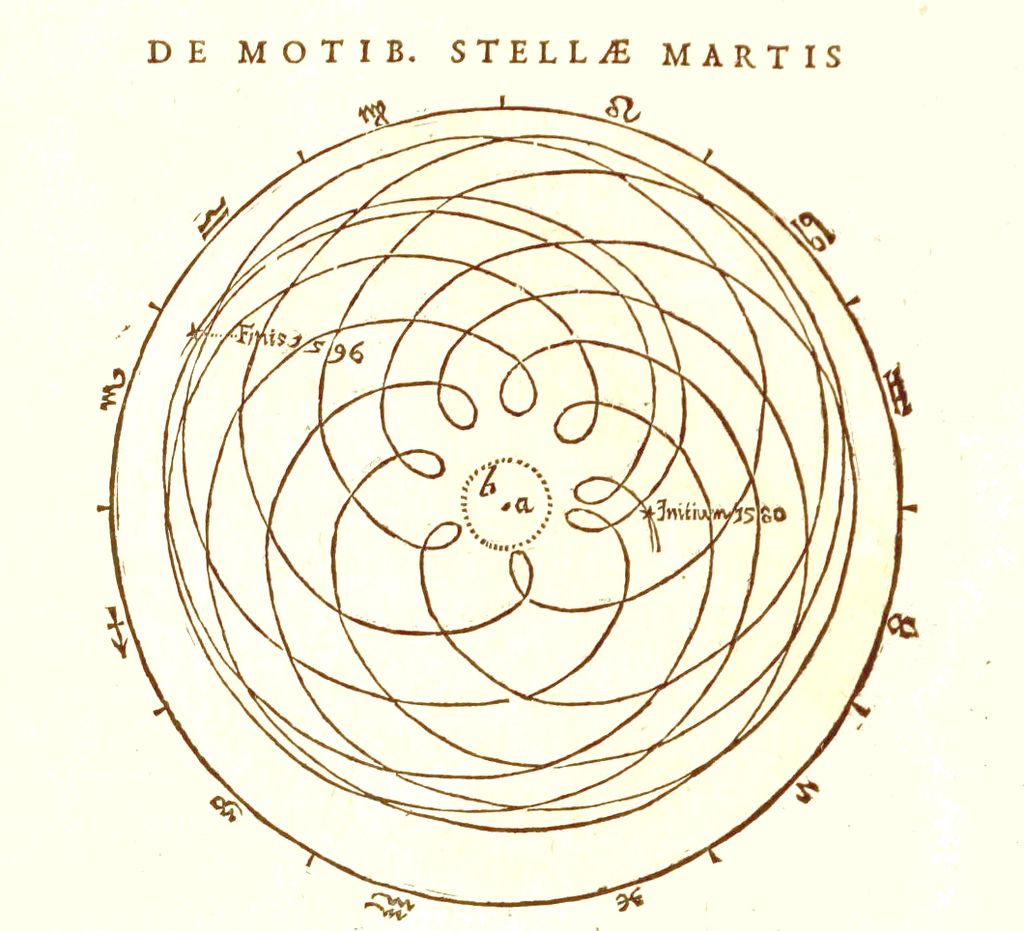
1619 Kepler publishes his third law of planetary motion, the square of the a planets orbital period is proportional to the cube of the length of the minor axis. Like all early astronomers, Kepler is also an astrologer.
1620 Francis Bacon, the Lord Chancellor to the King of England, James I (the King James Version guy), publishes an early version of the Scientific Method. But it's not really a good method, as he designed it to fit within the bounds set by the Empirical Philosophers, who thought that yes, observation of nature was the only way to learn truth, but observations were trustworthy only if nature was left unmolested. Hence, experiments were forbidden.
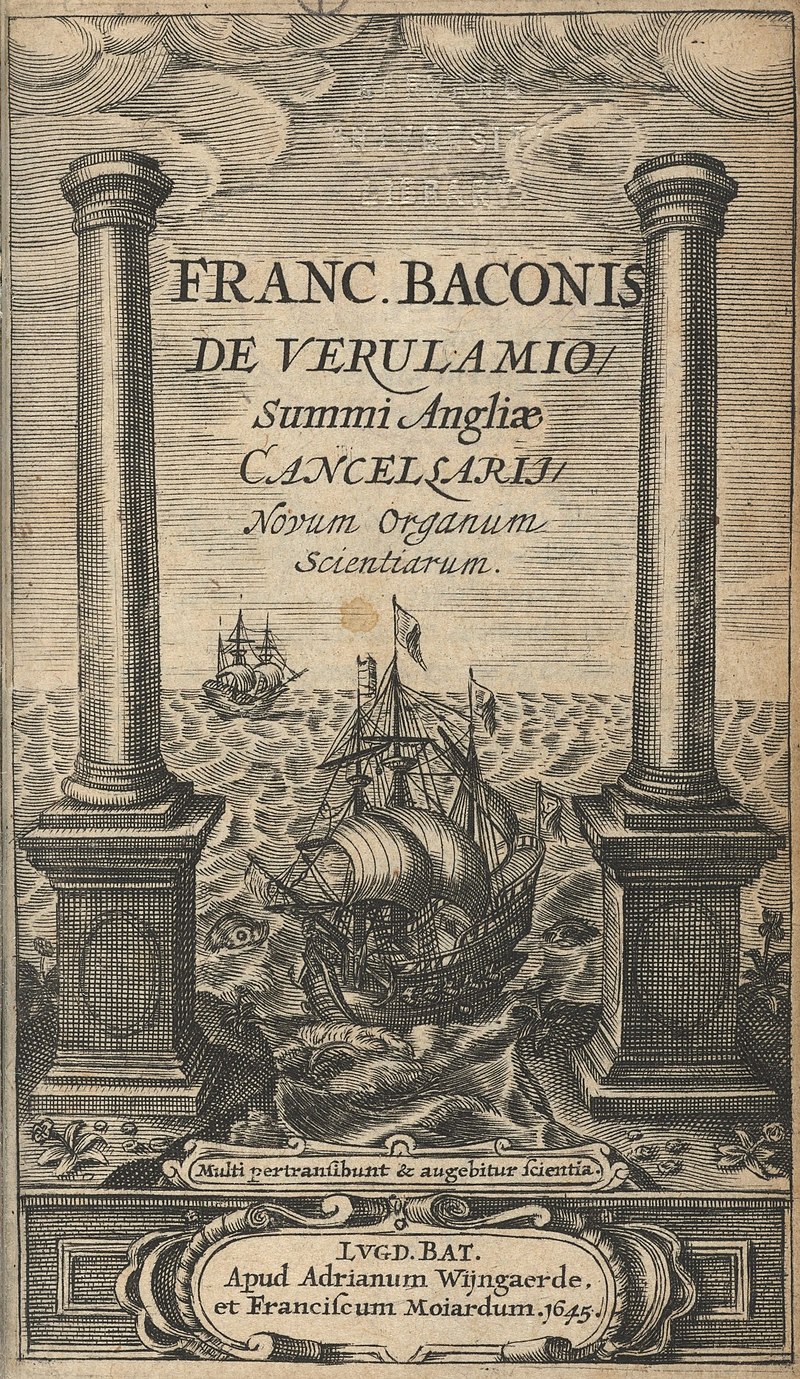
1628 Snellius rediscovers Bacon's Law of Refraction.
1628 William Harvey publishes a description of the operation of the heart and the circulatory system, the beginning of anatomical studies, rather than the previous anatomical guesses.
_Venenbild.jpg)
1632 Galileo Galilei publishes a retelling of the Copernicus' sun-centered system in the form of a dialog, with weak and suspect reasoning. He puts his own view into the mouth of Sagatio, the Wise One, and the Church's Aristotelian view into the mouth of Simplicio, the Simpleton. This of course angers the Pope, Galileo's friend and the man who funded Galileo's work. Brought up on charges, Galileo recants, promises he won't do it again, then then does it again.
1637 Descartes, probably reading the mathematical texts of Al-Khwārizmī translated in Toledo centuries earlier, invents algebraic geometry, which becomes algebra, from al-jabr, "reunion of broken parts."
1638 Galileo publishes his work on motion, including gravity. Again, weak and suspect reasoning, no experiments to show the behavior of motion but does describe timing of a pendulum with his heartbeat, and dropping two weights from the Tower of Piza, which almost demonstrates what he says happens.
1643 Torricelli invents the mercury barometer to measure the pressure of the atmosphere.
And in other news: the Thirty-years War started in 1618 and will last until 1648, consuming most of the spare wealth of Europe. Patronage of alchemy dries up.
1662 Boyle's Law of Gasses, the first experimentally-determined law.
1663 Philosophical Transactions of the Royal Society publishes scientific work and is peer reviewed. For the first time, alchemists can tell each other what they are doing.
1669 Steno introduces the idea that the layers of earth were lain down over time, which he calls the Stratographic Column. It will take a while before that timing is worked out.
1673 Huygens invents the pendulum clock
1675 Leeuenhoek invents the microscope.
1675 Leibnitz invents the calculus we use today.